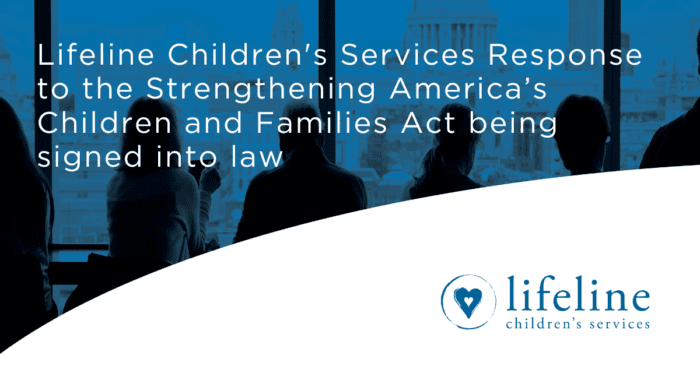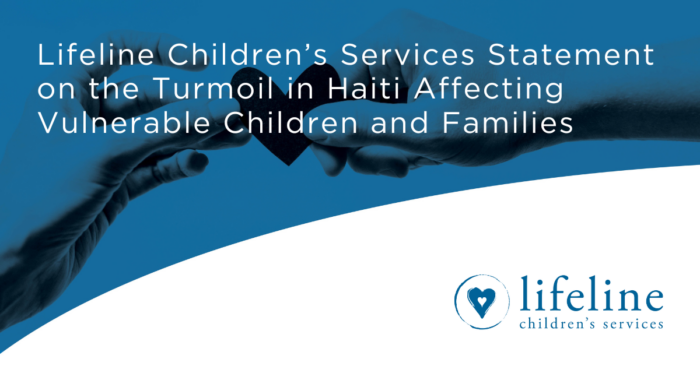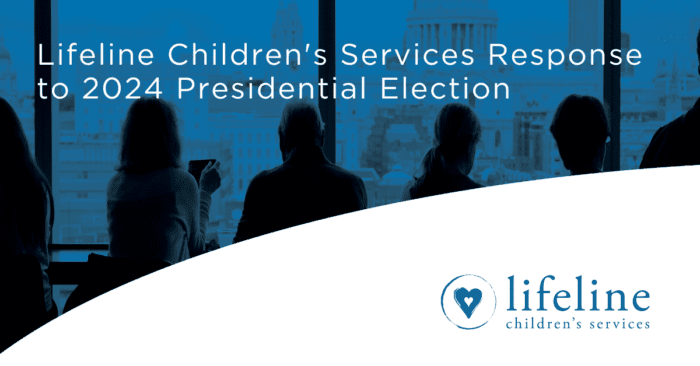When children with medical needs are adopted, parents understand that a litany of medical assessments and procedures are on the horizon. Often, there are even medical unknowns that arise after evaluations by specialists, which may require intervention. When parents who are newly home with their children are considering when to schedule medical procedures, whether complex and invasive or minor, they often wonder if they should address the needs immediately or wait. Lifeline’s social workers are often faced with the following question from parents: “When a child needs a surgery, do you think it’s best to do it quickly or wait if it can until a little later?” This question regards surgeries or procedures that are not necessary for saving a child’s life or dramatically improving their quality of life.
Mostly, there is no completely right or wrong answer to this question. Many times, there are pros and cons to both sides. Obviously, there will be questions to consider with your medical team. Consult with them and discuss if the procedure is immediately necessary or preferable. For example, a life-saving heart surgery would be scheduled quickly, whereas a cleft lip/palate surgery, although not immediately necessary, would ultimately result in eating and speech progress, which may be preferable. Therefore, a surgery of this nature would not want to be delayed indefinitely but may provide some flexibility in scheduling. In addition to talking with medical professionals, parents may also find valuable information in discussing their child’s personality and attachment style with their post-adoption social worker after returning home. Overall, a few basic issues to consider are medical necessity; age of child; secondary issues of concern, such as developmental progression and quality of life; personality of the child; past traumatic experiences; attachment style; and available support system.
If the need for medical intervention is immediate, parents will likely need to be an advocate for their child. Bonding and attachment is still a goal during this time, so parents will need to prepare the staff regarding how best to facilitate attachment throughout the process. For example, parents can ask nurses to let them comfort their child, stay with their child until anesthesia is administered, before their child wakes up, etc. Parents need to be the ones who console their child and hand them items like a stuffed animal or balloon that are intended to alleviate the difficulty of the situation. Communicate as much as possible with doctors and hospital staff beforehand so that all parties are aware of expectations and needs.
After discussing the physical needs of a child, if parents and the medical team determine that a procedure can wait, parents may consider scheduling the procedure at a later time. Having some time to address attachment and bonding prior to surgeries or intense procedures can be less of a hindrance to the bigger picture of attachment. Children who have been adopted may have previously experienced medical trauma; in addition to the normal stress and pain of medical procedures, past experiences can compound current trauma. Therefore, spending time addressing attachment prior to surgery or a hospital stay can assist the child in “bouncing back” more quickly where bonding is concerned.
Regardless of when a procedure is performed, regression in the process of attachment and bonding will likely occur. Therefore, parents still need to be advocates for their child with medical staff and help them to facilitate attachment and bonding with parents only. After the surgery/procedure, parents can help to re-establish attachment principles by intentionally creating another time of purposeful bonding, such as a version of cocooning and a time when only parents meet the child’s needs. No matter what decision is made, there will be great opportunities and great challenges. At times, significant medical procedures can be an incredible boost for attachment because it can force opportunities for dependence from a child and nurturing from a parent. However, they can also hurt attachment, as a child may be angry at what they have just experienced. In this case, more cocooning and hard work are in order.
Nothing about this decision or these circumstances are easy. Seek the Lord and His wisdom and guidance. Discuss concerns with your medical professionals and with your social workers.




